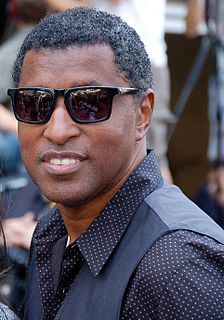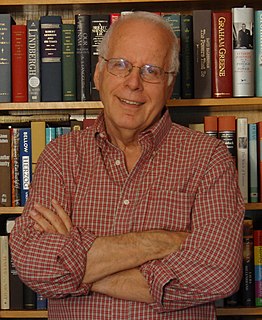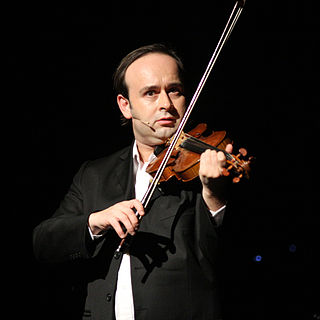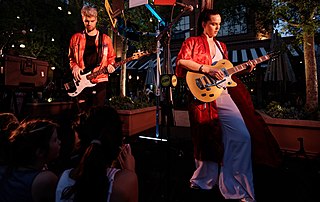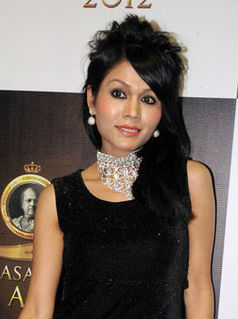A Quote by Amit Trivedi
In the West, film music is completely different and independent from their popular music. The two industries are separate and don't interfere much.
Related Quotes
I enjoy music that is commercial. I think that in order for music to be heard in a lot of different situations, you have to always consider that. Commercial music, for the most part, is popular music, and you always have to keep that in mind. It's not so much financial as making sure it gets the shot and is heard on the radio.
Popular music of the last 50 years has failed to keep in step with advances in musical theater, namely Stephen Sondheim. But the two have grown apart so that popular music is based more than ever on a rhythmic grid that is irrelevant in musical theater. In popular music, words matter less and less. Especially now that it's so international, the fewer words the better. While theater music becomes more and more confined to a few blocks in midtown.
Classical music and pop are two different universes, each with its own difficulties, peculiarities, depth and artistic dignity. In Italy, I think there is a fairly clear line of demarcation, but the history of music is full of fusion. Popular and classical music have always found points of contact, of crossing, exchange, both drawing mutual profit.
Every work is completely different. Sometimes the music is first, sometimes it's parallel, and sometimes the music is after. There's no rule. Music goes differently to your emotions. With music you can create different spaces and feelings easier than you can with the visual - maybe not easier, but in a way, it's more seductive.
Early American music and early folk music, before the record became popular and before there were pop stars and before there were venues made to present music where people bought tickets, people played music in the community, and it was much more part of a fabric of everyday life. I call that music 'root music.'


